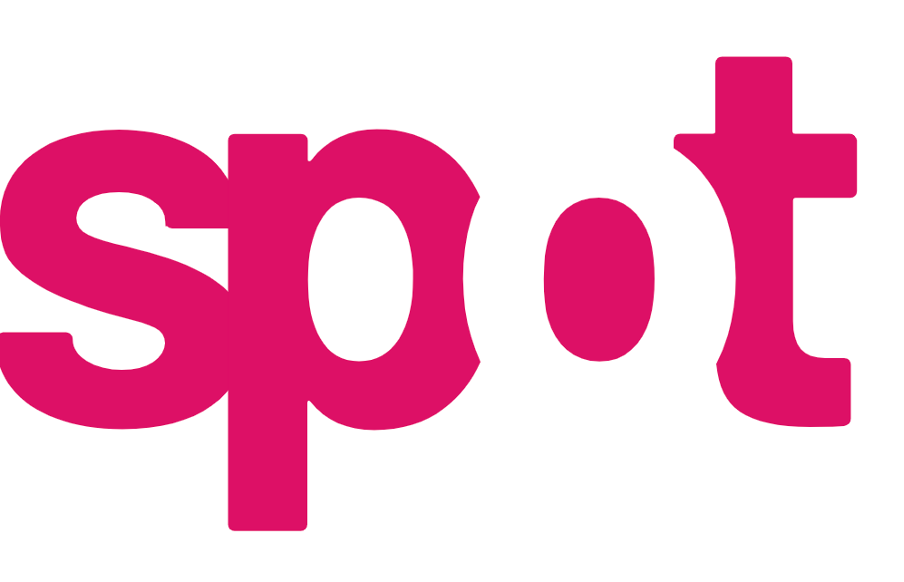Lista de Projetos
Esta é a lista de projetos disponíveis no sistema. Para saber mais detalhes sobre um projeto clique no seu nome ou imagem. Também pode procurar por um determinado projeto na caixa de pesquisa em baixo.
Página 18
Este projeto procura desenvolver um ecossistema digital que permita interação de vários stakeholders (empresas, candidatos, recrutadores). Trata-se de uma plataforma que permite assegurar, de forma gamificada, várias respostas às empresas. Entre as várias ofertas destacam-se o assessment e a identificação do perfil dos candidatos e de trabalhadores nas empresas. A mesma plataforma permite auxiliar processos de diagnóstico e mudança organizacional, recorrendo a algoritmos de decisão e gestão de big data com recurso a processos de machine learning que permitam reduzir o risco da decisão
Informação do Projeto
2024-10-01
2027-09-30
Parceiros do Projeto
- BRU-Iscte (OB&HR) - Líder
- ISTAR-Iscte
- BRU-Iscte (Data Analytics)
O Mestrado Erasmus Mundus SPOT – Social Psychology of Transformation é um novo programa de estudos internacional que foca a Psicologia Social para a mudança social progressiva, isto é, para a criação de sociedades mais justas, igualitárias e diversas.
Informação do Projeto
2024-10-01
2030-10-31
Parceiros do Projeto
- CIS-Iscte (PsyChange)
- IPU Berlim - Líder (Alemanha)
- Università degli Studi di Padova - (Itália)
- TU - (Estónia)
- UniNis - (Sérvia)
- UNBL - (Bósnia-Herzegovina)
- UNSA - (Bósnia-Herzegovina)
Esta pesquisa tem como objetivo analisar a forma como a sociedade e os poderes percecionaram e lidaram com a homossexualidade em Portugal entre 1912 e 1936. Explora-se a repressão jurídica, os discursos intelectuais e científicos e a representação social, realizando-se um estudo da discriminação em uma perspetiva mais alargada. A análise da documentação de origem diversa busca identificar como teorias e discursos influenciaram e moldaram as ações dos centros de poder na nova república. Leva-se em consideração as diferentes dinâmicas políticas ao longo do tempo, destacando como mudanças na lei perpetuaram formas de persecução e controlo social. Investiga-se a transição da criminalização do ato para o indivíduo, as práticas de coação e ressocialização, a atuação policial, influências religiosas e o impacto dos discursos na opinião pública. O objetivo é esclarecer as relações entre discursos e práticas repressivas, colaborando para um estudo mais amplo da história social, política e cultural portuguesa.
Orientação: Maria João Vaz (CIES-Iscte)
Informação do Projeto
2024-10-01
2028-09-30
Parceiros do Projeto
O projeto InMAP: Memórias e Arquivos: Mapear o (In)tangível irá mapear e analisar a situação dos arquivos de memória criados nas últimas duas décadas por instituições ligadas ao património (e.g., museus, bibliotecas, arquivos, universidades, associações). Para além de uma caracterização destes arquivos de memória recente (e.g. arquivos que documentam o património imaterial e a história oral), é essencial compreender a escala e a extensão das barreiras à preservação e acesso destes acervos. O diagnóstico e a identificação das necessidades e desafios deste panorama irá permitir o desenvolvimento de orientações no campo das políticas públicas.
A equipa nuclear é constituída por Ana Carvalho (IR), Paulo Batista (Co-IR), Armando Quintas, Dália Guerreiro e Fernando Gameiro.
O projeto inclui a participação de duas instituições colaborativas: o Património Cultural, I.P (ex-Direção-Geral do Património Cultural), através de Ana Saraiva, e o Observatório Português das Actividades Culturais, através de José Soares Neves, e ainda de um consultor: Alexandre Matos (Sistemas do Futuro/Universidade do Porto).
O projeto InMAP terá também o apoio da Cátedra UNESCO em Património Imaterial e Saber-fazer Tradicional: Ligando Patrimónios da Universidade de Évora.
Informação do Projeto
2024-09-18
2025-09-17
Parceiros do Projeto
- CIES-Iscte
- UEvora - Líder (Portugal)
- Património Cultural, I.P - (Portugal)
Portugal debate-se atualmente com uma grave crise habitacional, ainda que apresentando contornos diferentes da situação vivida em Abril de 1974, e que levou à ocupação ilegal de casas em bairros ainda em construção, como é o caso do bairro das Amendoeiras. Embora exista alguma documentação e conhecimento produzido sobre o bairro, o interior das casas e a forma como elas testemunharam as mudanças socioeconómicas e políticas em 50 anos de democracia continua por explorar, tal como como a invisibilidade persistente do papel das mulheres em todo o processo. Este projeto tem por objetivo geral dar visibilidade às dinâmicas espaciais, económicas, sociais, políticas e identitárias do bairro das Amendoeiras, também conhecido por Zona I de Chelas, em Lisboa.
Informação do Projeto
2024-09-16
2026-03-15
Parceiros do Projeto
- DINAMIA'CET-Iscte (CT) - Líder
- AMBA - (Portugal)
Página 18

 English
English


